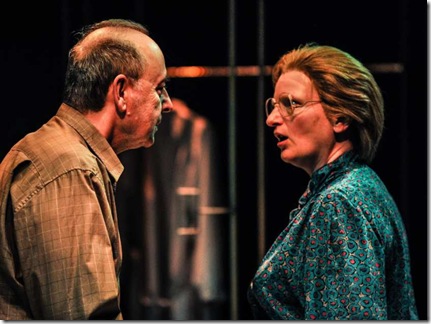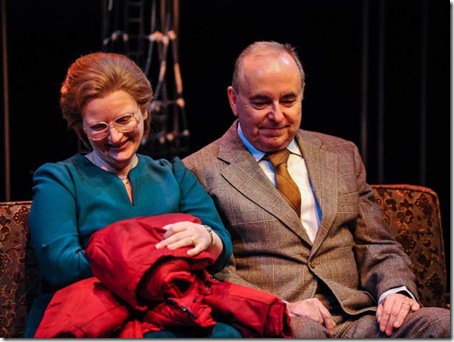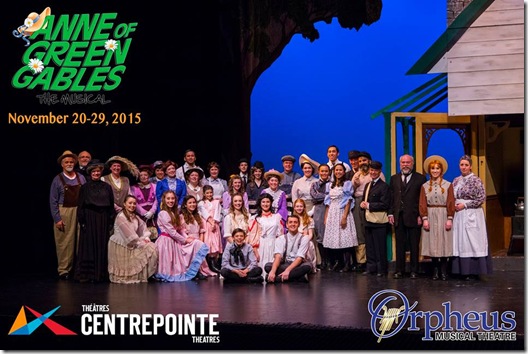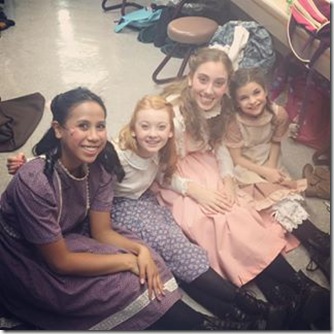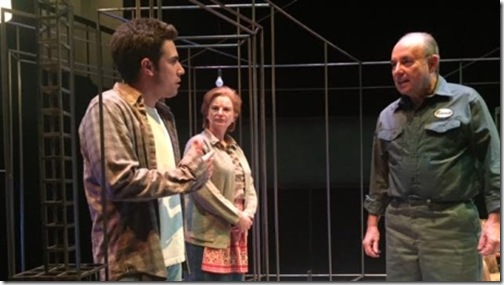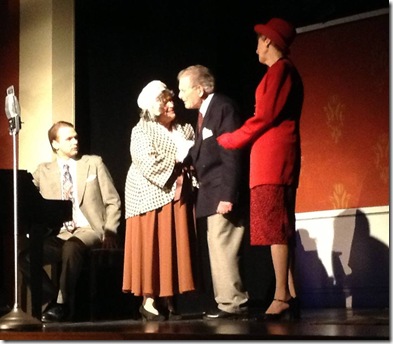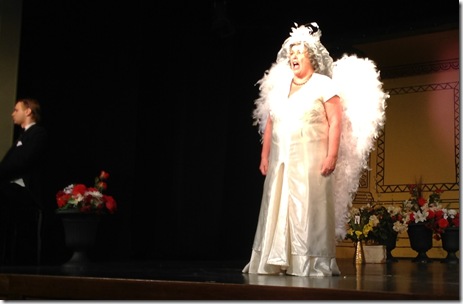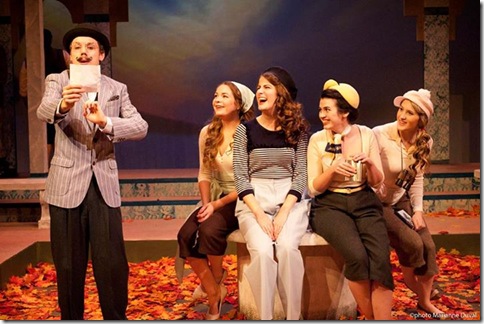L’Homme de décembre: Texte de Colleen Murphy, mise en scène de Sarah Garton Stanley.
Le 6 décembre 1989, un homme entre dans un amphithéâtre de l’École polytechnique à l’Université de Montréal, muni d’un fusil d’assaut, un Ruger Mini-14. Les étudiants sont priés de quitter la salle. Quelques instants plus tard, les corps de quatorze étudiantes jonchent le sol. La nouvelle se répand rapidement et le Canada tout entier est en état de choc. Selon les témoins, le tueur, Marc Lepine, souhaitait se venger de ces «féministes», qui voulaient occuper les postes traditionnellement réservés aux hommes.
Vingt-six ans après, le pays est encore hanté par ce drame et la question persiste. Comment ne pas se poser des questions sur la manière d’aborder ce sujet-piège dont les moindres détails de la tuerie tragique sont connus de tous, puisque l’événement fut décortiqué par la presse. Comment construire un récit, cerner des personnages, soutenir l’intérêt au-delà d’un voyeurisme réaliste quand l’auteure refuse d’adopter une perspective historique, ou d’approfondir la psychologie des acteurs d’un drame déjà trop connu?
